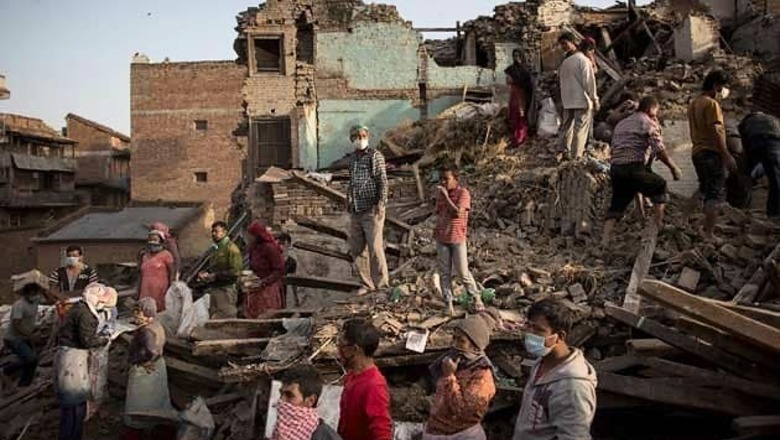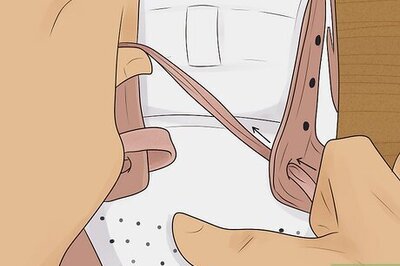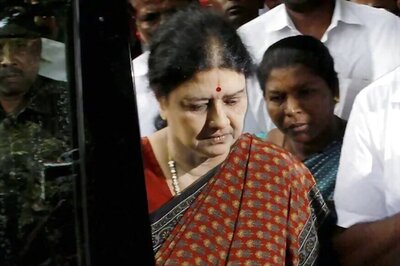
views
Kathmandu: Even two months after the devastating earthquake hit Nepal, around 2.8 million people affected by the deadly tremor still need vital humanitarian assistance, the UN said on Thursday.
Temporary shelters, food and livelihood support, basic medical care, sanitation and hygiene remain the key needs as the quake survivors are now facing the added challenges posed by damp and cold weather, said United Nations Humanitarian Coordinator Jamie McGoldrick.
"Ensuring the survival of hundreds of thousands of people, who lost their homes and livelihoods in the back-to-back disasters, in the monsoon must remain our top collective priority," said McGoldrick ahead of a meeting of international donors in Kathmandu.
"Timely, principled and equitable relief and recovery are the key prerequisite for any reconstruction effort to be successful," he said. He said the humanitarian community will continue to support the Nepal Government in its effort to address the unmet humanitarian needs.
With nearly 530,000 houses destroyed and another 278,000 damaged by the quakes, hundreds of thousands of people continue to remain in makeshift shelters, including more than 1,17,000 people who relocated to open-air sites.
Many of the affected families are also still struggling to recover and rebuild their livelihoods, as seeds for planting and livestock were lost in the disasters, said McGoldrick.
Around 3,50,000 tarpaulins have been distributed so far in 14 affected districts, but it is estimated that some 43,500 households have still not received adequate supplies or in some cases, have not yet been reached, according to the senior UN official.
Nepal's already weak economy has been hard hit by the April 25 earthquake and a strong aftershock on May 12, with annual growth forecast to fall to just three per cent, the lowest in eight years.
The powerful earthquake killed nearly 9,000 people, injured 23,000 people and damaged more than 500,000 buildings leaving hundreds of thousands of people jobless.
Material assistance, including corrugated iron sheets, is still required for 44,000 of the 125,000 families who began to rebuild their homes, relying mostly on their own means.
Aid agencies estimate that more than one million people continue to require food assistance to meet their daily dietary requirements, while 5,00,000 people need continued support to protect and restore their livelihoods.
More than 9,00,000 people depend on sustained provision of water and sanitation, including 2,000 communities relying on water filtration kits provided by humanitarian partners. Access to safe temporary learning spaces is still required for some 370,000 children, he observed. Humanitarian needs are still significant and are expected to persist through the end of September, he said.
To date, only USD 153 million, or 36 per cent, was received against the USD 422 million humanitarian appeal, he said.
An additional USD 200 million in support to post- earthquakes relief was provided directly to the Government of Nepal on a bilateral and in-kind basis, the UN Humanitarian Coordinator said.




















Comments
0 comment